From Ordinary to Extraordinary: A Guide to Achieving Personal Development Success
Table of Contents
Introduction
Personal development is this amazing journey that catapults people from ordinary to great heights. Skill, knowledge, and personal wellbeing improvements fall in line with such a goal. The objective goes beyond professional development; it is also emotional, physical, social, and spiritual development. Knowing and taking on the journey is of great importance to anyone with a desire to achieve his or her full potential and to lead an accomplished life.
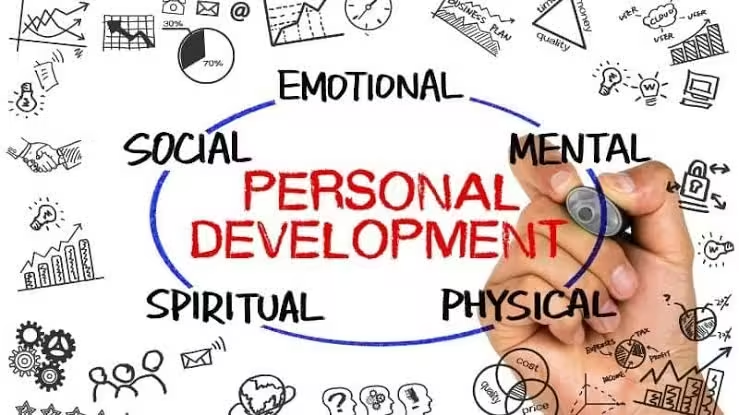
Understanding Personal Development
What is Personal Development?
Personal development is the continuation of a lifelong process, with different elements that teach skills and capabilities in a human being. It deals with activities on enhancing peoples’ abilities and potential, human resource development, employability, and quality of life.
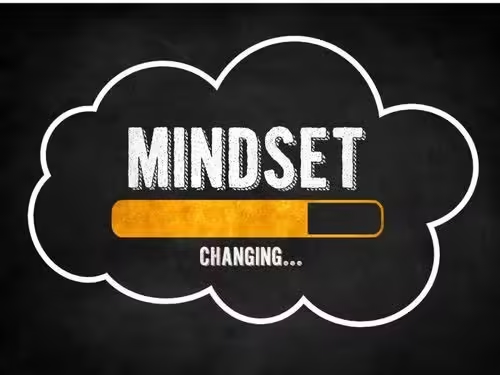
Key Aspects of Personal Development
Intellectual: Improving the cognitive ability and the intellectual functions.
Emotional: Developing emotional regulation and emotional intelligence.
Physical: Maintaining proper and healthy lifestyles with proper physical fitness.
Social: Creating and preserving relationships.
Spiritual: Find one’s purpose or meaning in life.
Laying the Foundation for Success
The Role of Mindset
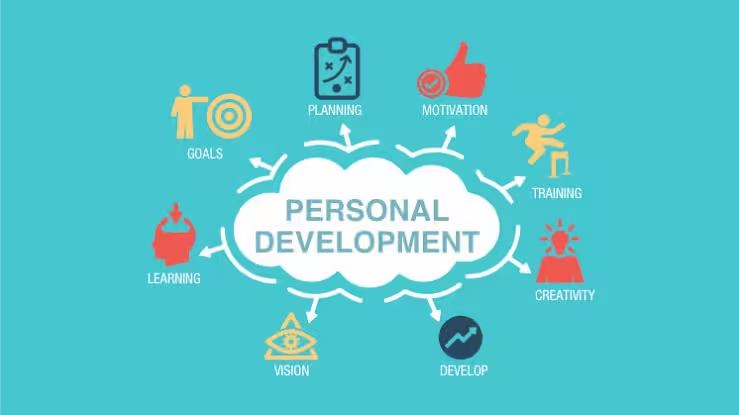
Mindset refers to the eye through which one sees the world. A positive mindset turns challenges into opportunities, and a negative mindset becomes a stumbling block. Developing a positive and resilient mindset is the foundation of personal development.
The Power of Goals
Clear and achievable goals provide direction and purpose but also can guide and mark the steps or checkpoints on the journey of personal growth, keeping focus on the course of growth for the individual.
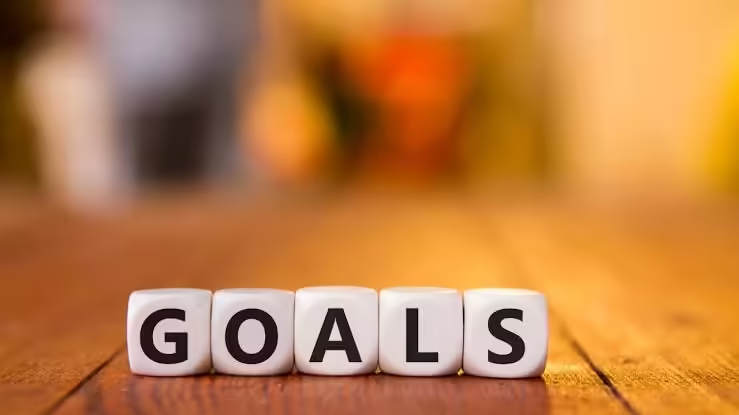
Developing Self-Discipline
Self-discipline is the capacity to control and regulate impulses in order to focus and persist with action until its completion. Therefore, it becomes a prime ally in personal development.
Fixed Mindset vs. Growth Mindset
The fixed mindset is the type that believes the abilities and intelligence of a person are fixed, whereas growth mindset always tries to face challenges since it takes failures as opportunities to grow better. A growth mindset is what one needs to grow.
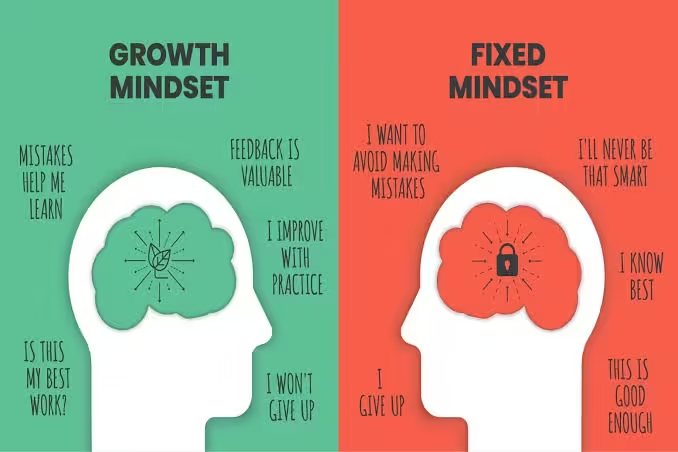
Ways to Develop a Growth Mindset
Learn from failure
Learn from criticism
Celebrate small success
Small steps towards progress
Purposeful Goal Setting
SMART Goals Framework
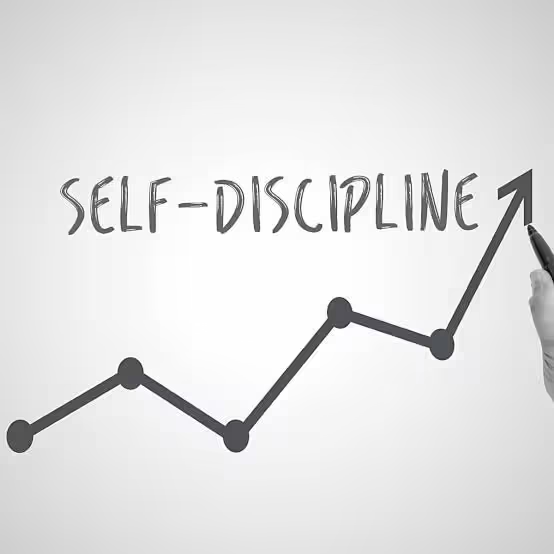
SMART goals are specific, quantifiable, realistic, aligned with priorities, and set within a defined timeframe. It gives a direction with focused objectives toward success.
Short-term vs. Long-term Goals
Balancing both short-term and long-term goals helps in motivation and focus. Short-term goals give instant gratification, whereas long-term goals give a view of a future vision.
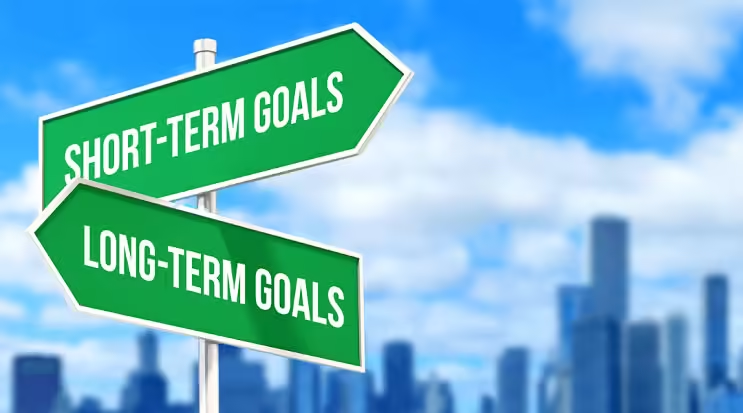
The Need for Flexibility
Flexibility in goal setting means that you can alter your goals according to the changing situations. Flexibility ensures that you make constant progress no matter the obstacle set on your way .
Developing Self-Discipline
Methods of Developing Self-Discipline
Set specific and achievable goals.
Create habits and maintain them.
Use time management skills.
Overcoming Procrastination
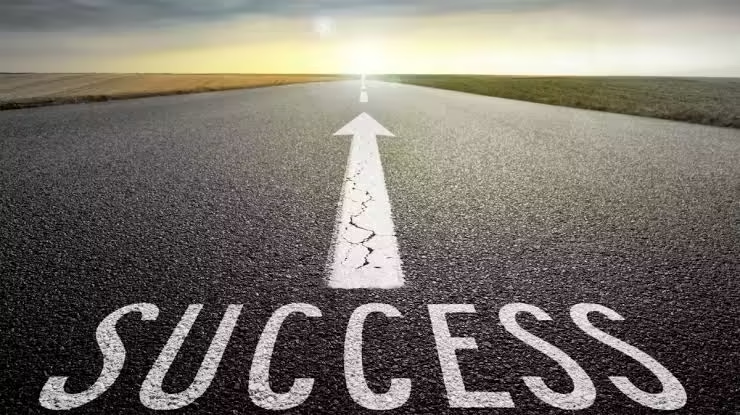
The biggest obstacle to individual development is procrastination. How do you overcome procrastination? Develop the task into smaller steps, eliminate any form of distraction, and reward the achieved progress .
Habits in Personal Development
Habits tend to mold or help one behave in a certain way. For example, some of them may be facilitative in developing personality, while others do not really promote personal growth. For a person to grow continuously, it is about forming positive habits and destroying negative ones.
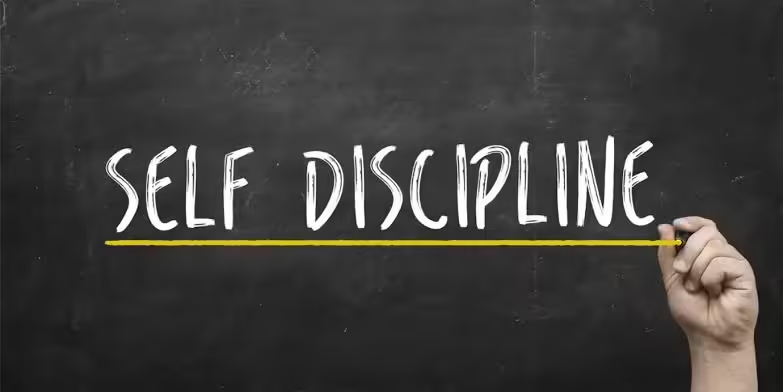
Emotional Intelligence and Its Influence
Understanding Emotional Intelligence
Emotional Intelligence relates to the awareness and perception of one’s emotions as well as those of other people. It is a determinant of success, both personal and professional.
Developing Skills of Emotional Intelligence
Practice self-awareness. Get yourself trained to understand your feelings.
Develop empathy through listening to others.
Improve social skills through observation and feedback
The Role of Empathy and Self-awareness
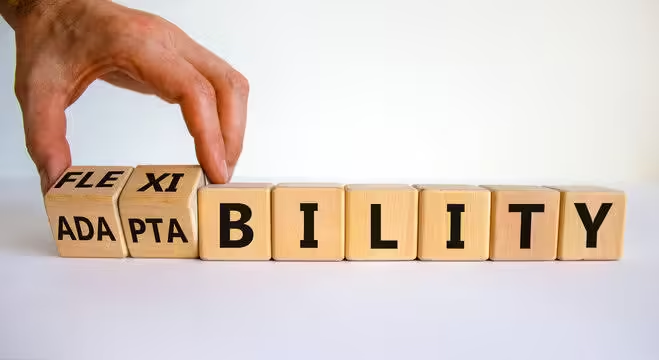
Empathy and self-awareness are the two pillars of EI. A stronger inter-subjective relationship and understanding of personal emotional responses is developed.
Physical Health and Personal Success
Relationship Between Physical Health and Personal Achievement
A proper state of physical health has important associations with mental and emotional life. Regular exercise, an adequate diet, and sleep are essential in aiding your personal development. Regular exercise, healthy eating, and adequate rest form the essence of your daily routine as you strive to improve your general well-being.

Good habits such as regular exercise, healthy eating, and adequate rest should form a routine part of your life.
Maintain an exercise routine, healthy diet, and sufficient sleep to develop overall wellness.
Recognize that maintaining the balance and having a clear focus can be achieved through stress management practices like mindfulness, meditation, or deep breathing.
Good social skills can help develop relationships and maneuver through social environments. Such will enhance communication, cooperation, and conflict resolution.
Building Relationships and Relationship Maintenance
Spend time developing and maintaining personal and professional relationships with active listening, appreciation, and support.
Networking Practices Leading to Success
Networking opens many doors. You should attend events, participate in professional groups and other social media networks to touch bases with other professionals in your field.
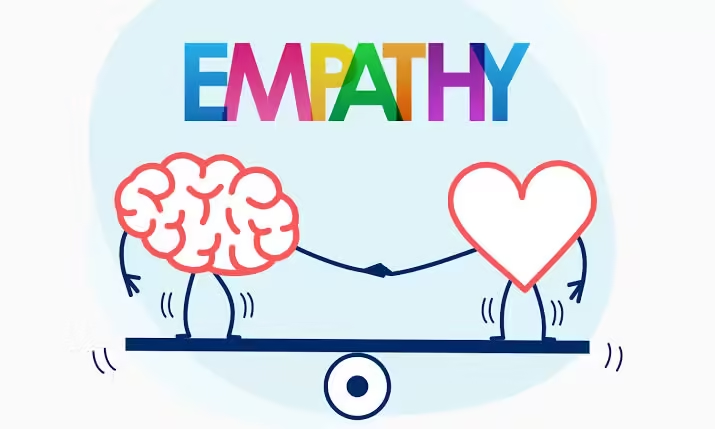
Spiritual Development and Fulfillment
Concepts of Spiritual Development
Spiritual growth refers to the discovery of oneself and the universe in a deeper sense. It gives meaning and purpose to human life.
Spiritual Health Practices
Be involved in meditation, prayer, journaling, or merely spending time in nature for enhancing spiritual health.
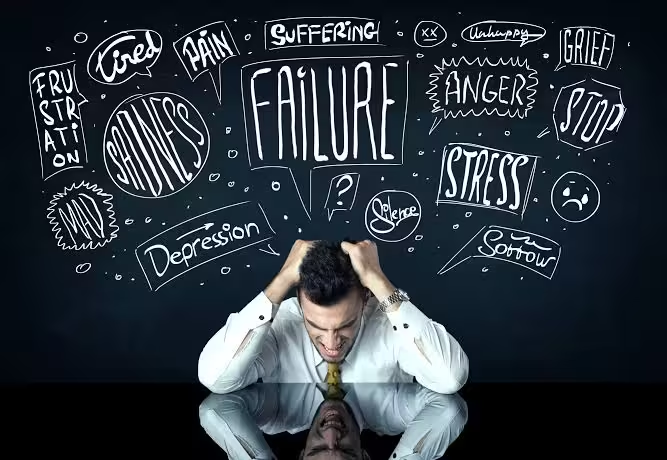
Living by Personal Principles
See to it that your actions display the tenets and values of belief that you are portraying. This builds authenticity and fulfillment in life.
Challenges in Personal Growth
Common Challenges and How to Face Them
Fear of Failure :Learn from the failure, not fear it. Treat failure as an experience that will teach you to grow.
Lack of Motivation :Bifurcate complex goals into smaller ones.
Poor Time Management :Prioritize and then eliminate distractions.
Role of Resilience

The capacity to bounce back from setbacks defines resilience. Resilience is the ability to keep a positive attitude and the willingness to change with new information.
Learn from failure
Failure is part of the road to self-development. Learn from failures and mistakes. Implement the lessons learned in subsequent attempts.
Continuous Learning and Improvement
Importance of Continuous Learning
Continuous learning develops one’s mental acuity. Maintains curiosity, creativity, and adaptability.

Ways to Learn for Betterment
Reading: Learn new knowledge in his or her field about current developments.
Courses and Workshops: Stay current with new skills acquired recently.
Mentorship: Learn from mentors or older and more experienced people.
Maximizing Utilizable Resources for Personal Growth

Maximize the utilization of books available, access to the Internet, seminars, and networking opportunities to make the most of your personal growth.
Monitoring Profits and Staying Motivated
How to Monitor Success
You can keep a journal: You can write down your progress and analyze experiences.
You can use apps and tools: These are means to track the goals and the achievements.
Scheduled Reviews: Always maintain scheduled reviews to review the progress.
Staying Motivated on Your Success Path
Self refreshing regarding long-term vision can be done by celebrating small wins and keeping in touch with supportive people.
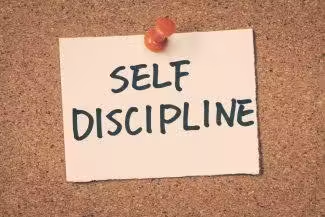
Celebrating Achievements
Different kinds of milestones should be recognized and celebrated to make the person enthusiastic and motivated.
Personal development is a lifelong journey, transforming ordinary people into great people. Mentally, emotionally, physically, socially, and spiritually, anyone can be successful by focusing on growth, determining clear goals, building personal self-discipline, accepting the process, and conquering challenges-all while continuing to improve. Remember that beginning from ordinary to being an extraordinary person starts with just one step.
FAQs
What’s the first step in personal development?
Personal development starts from knowing yourself: your strengths, weaknesses, values, and goals. This is the basis for growth.
How to stay motivated in personal development?
Do you know that setting a clear goal would make easy for you to achieve it? Celebrate your little victories each time you succeed. Keep your mind on positive thoughts, and surely nothing will discourage you. Fill your life with supportive people who will support your progress.
How important is physical health in personal development?
Well-being brings physical health along with it. It indicates the amount of energy, your moods, and the level of cognitive functioning which determine various aspects of your personal development.
How do I become more emotionally intelligent?
Enhance your emotional skills, hence your self-awareness, empathy, and communication. Reflect on your emotions and elicit others’ reaction in improving you.
Why is goal-setting important to personal development?
Goal setting does this: it gives one direction and purpose. It helps in focusing efforts, measuring the amount of progress marked so far, and staying motivated in one’s effort toward personal development.




